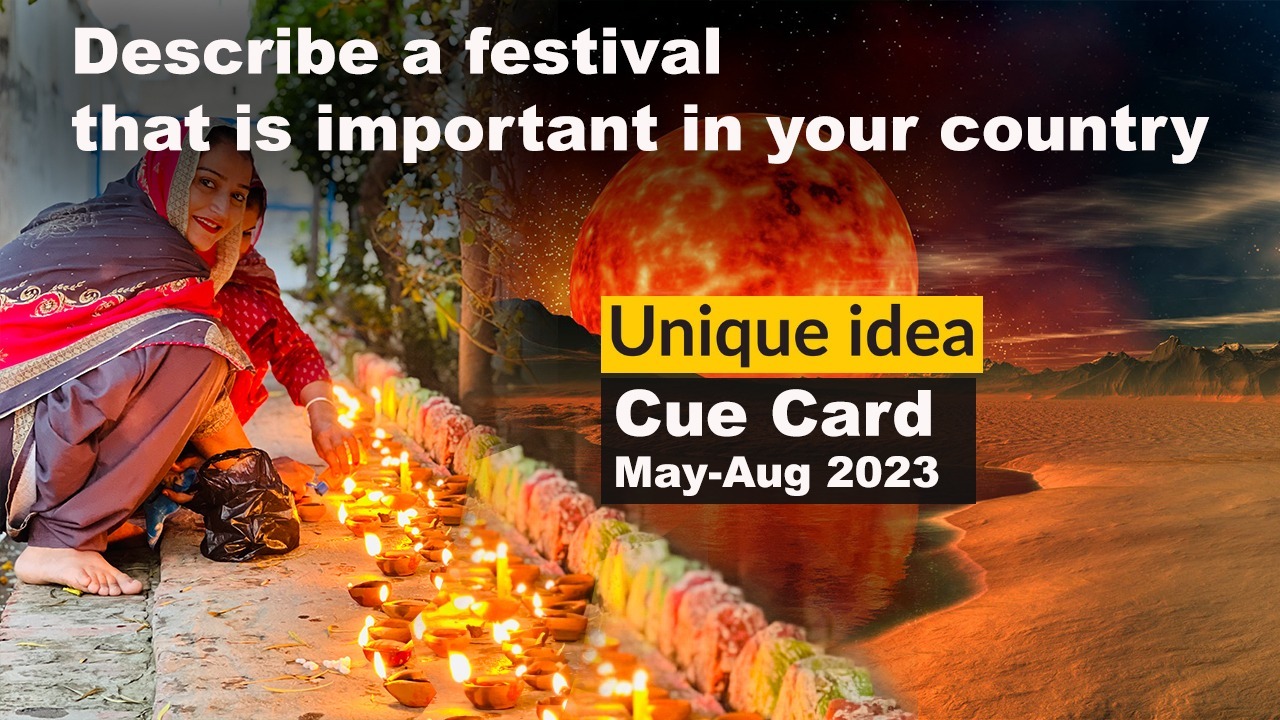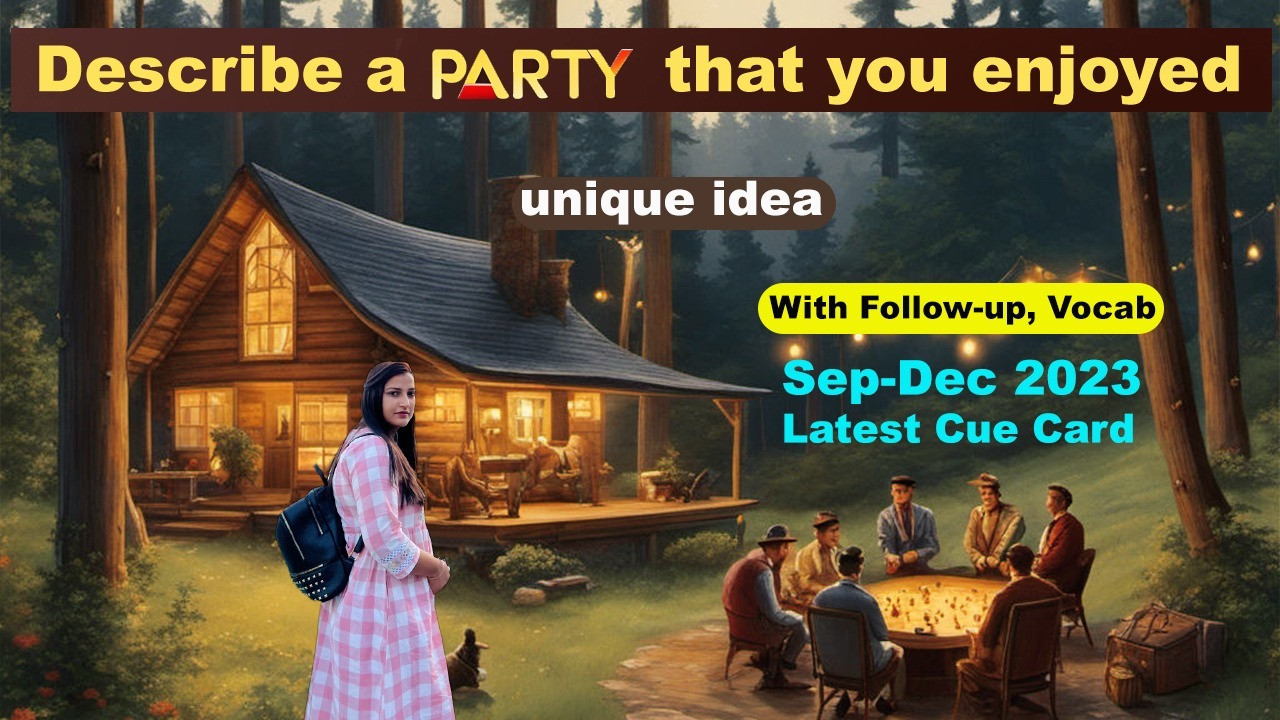When the festival occurs
What you do or people do
What you like or dislike about it
Explain why this festival is important.
Vocab
Numerous
Eves
Enthusiasm
Engage
Adorn
Veneration
Victory
Prosperity
Immense
Fascinating
India is a land of festivals and celebrations. Numerous eves are celebrated across the country with great enthusiasm and joy. One of the most important festivals in India is Diwali, also known as the festival of lights. It is celebrated annually, typically in the months of October or November.
During Diwali, we engage in various activities and traditions. The preparations for the festival start well in advance, with families cleaning and decorating our/their homes. we adorn our houses with colorful rangoli patterns, light up numerous earthen lamps called diyas, and hang decorative lights to illuminate our surroundings.
One of the main rituals of Diwali is the veneration or pooja performed in homes and temples. Another important aspect of Diwali is the exchange of gifts and sweets. Kiths and kins visit each other, exchange greetings, and share sweets and delicacies.
One of the things I like about Diwali is the sense of unity and togetherness it brings. However, one aspect that can be a concern during Diwali is the pollution caused by fireworks. The extensive use of firecrackers leads to air and noise pollution, which can have adverse effects on the environment and people’s health.
Diwali holds immense importance in India for several reasons. Firstly, it is celebrated in the honour of Lord Rama as he returned to Ayodhya after a 14-year exile. Moreover, Diwali signifies the triumph of light over darkness.
Overall, Diwali is a joyous and significant festival in India, celebrated with immense enthusiasm. It signifies the victory of light over darkness, good over evil, and knowledge over ignorance. The festival brings people together, strengthens relationships, and spreads happiness and prosperity.
Follow-ups
1.Are traditional holidays disappearing ?
There is no doubt that globalization and cultural exchange has led to the adoption of different holidays and celebrations from around the world. For example, western holidays like valentine’s day and Halloween have gained popularity in many countries. This can sometimes overshadow or influence the observance of traditional holidays.
2. Do children like to learn about traditional festivals?
Yes, many children are curious and interested in learning about traditional festivals. These festivals often come with fascinating stories, customs and rituals that capture children’s imagination and provide them with a deeper understanding of their cultural heritage.
3. Is music important to traditional festivals?
obviously, music is often an integral part of traditional festivals. It plays a significant role in setting the festive mood, creating a joyful atmosphere, and enhancing the overall celebration. Music has the power to evoke emotions, engage participants, and bring communities together during traditional festivities.
4. What is the importance of festivals?
Festivals play a vital role in preserving and promoting cultural heritage. They showcase traditional customs, rituals, music, dance, art, and cuisine, passing down these traditions from one generation to the next. Festivals help to maintain cultural identity, strengthen community bonds, and ensure the continuity of valuable cultural practices.
5. what’s the difference between festivals now and in the past?
Festivals have undergone several changes over time, reflecting the evolving nature of societies and cultural practices. In the past, festivals were often deeply rooted in religious or agricultural practices, marking important seasonal or religious milestones. However, modern festivals prioritize entertainment, recreation, and tourism. Nowadays , people may attend festivals as passive spectators rather than actively engaging in rituals or communal activities.














Got a Questions?
Find us on Socials or Contact us and we’ll get back to you as soon as possible.